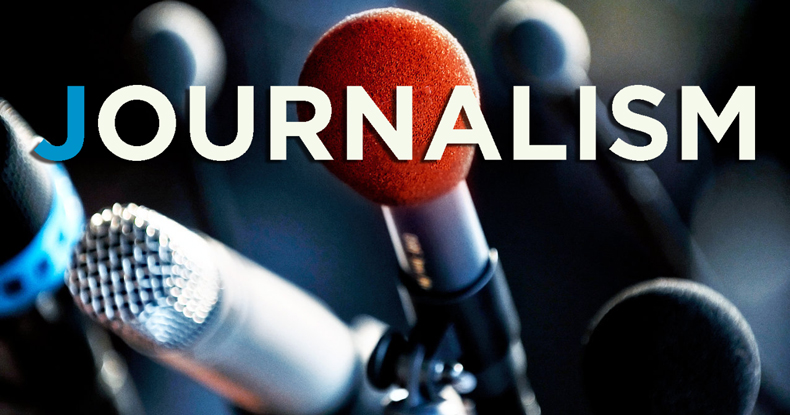Hier finden Sie Neuigkeiten und Informationen aus Österreich, Europa und der Welt zu aktuellen Entwicklungen unter anderem in den Bereichen »Public Value«, »öffentlich-rechtliche Medien«, sowie »Qualitätsjournalismus«.

Welchen Einfluss Plattformen wie Facebook, Google, Twitter und Co. auf den Journalismus nehmen, haben Emily Bell, Direktorin des Tow Centers für Digitale Journalism an der Columbia University und Taylor Owen, Assistenzprofessor am Tow Center untersucht.
Dabei stellen sie fest, dass diese Plattformen längst nicht nur Informationen über ihre Kanäle verbreiten, sondern aktiv bestimmen würden, welches Publikum welche Inhalte erhalte, wer für die Aufmerksamkeit bezahle und welche journalistischen Inhalte und Formate besonders erfolgreich seien. So wäre ein Großteil der Artikelaufrufe, die über Links genereiert würden, von Facebook (45 Prozent) und Google (31 Prozent), wodurch diese Plattformen, so Bell und Owen in kürzester Zeit zu digitalen Verlegern geworden seien.
Besonders bedenklich für den Journalismus ist der durch undurchsichtige Algorithmen geleitete Nachrichtenverkehr, weil die ökonomische Logik und die Strukturen dieser Plattformen dazu führen würden, dass eher „Inhalte mit geringer Qualität“ verbreitet würden, wohingegen hochwertige journalistische Inhalte, wie investigative Recherche, oder Berichte über unterprivilegierte Gruppen, durch die „Scale und Shareability“-Logik dieser Systeme diskriminiert würden. Um Einseitigkeit in der Nachrichtenverbreitung zu vermeiden, würde es nach wie vor menschliche Redaktionen brauchen, die, im Gegensatz zu Agorithmen eine professionelle journalistische Auswahl treffen können.
Mehr Infos:
Artikel „Wie Facebook und Twitter den Journalismus kolonisieren“ von Stephan Russ-Mohl im „European Journalism Observatory“
Bell, Emily/Owen, Taylor: The Platform Press: How Silicon Valley reegineered journalism. In: Columbia Journalism Review, 29.03.2017